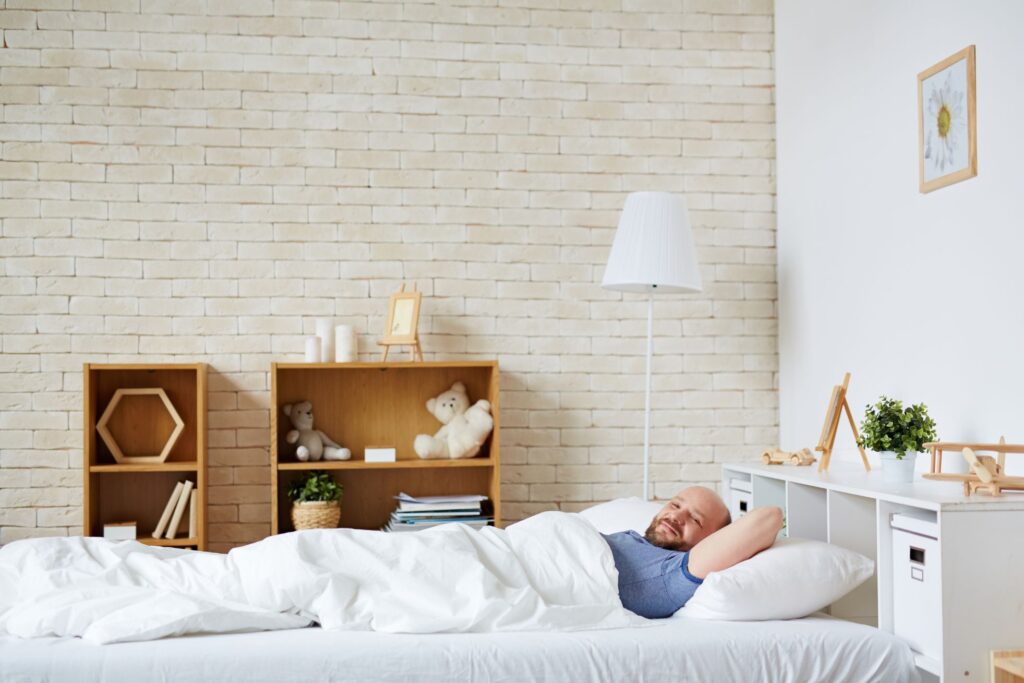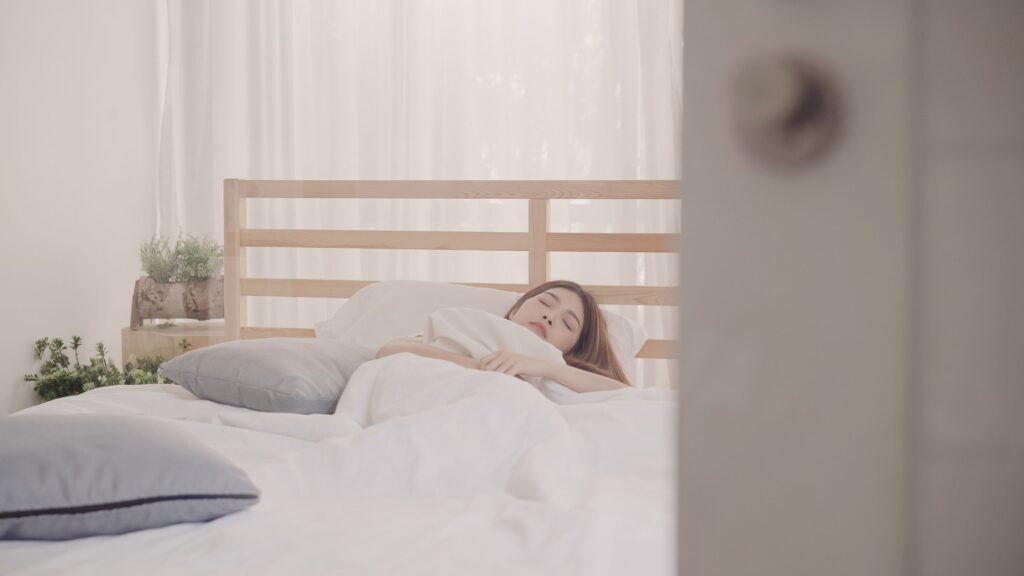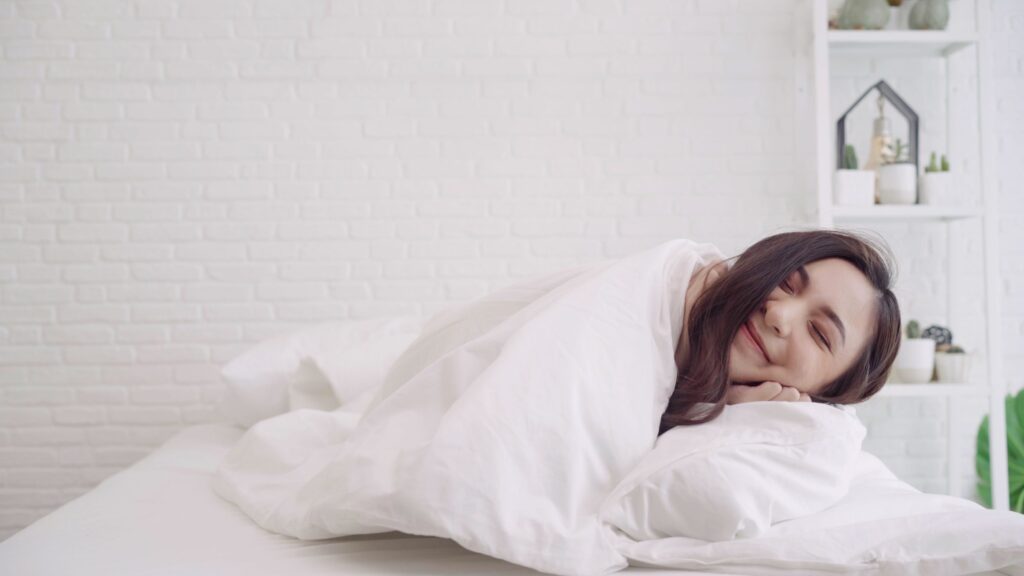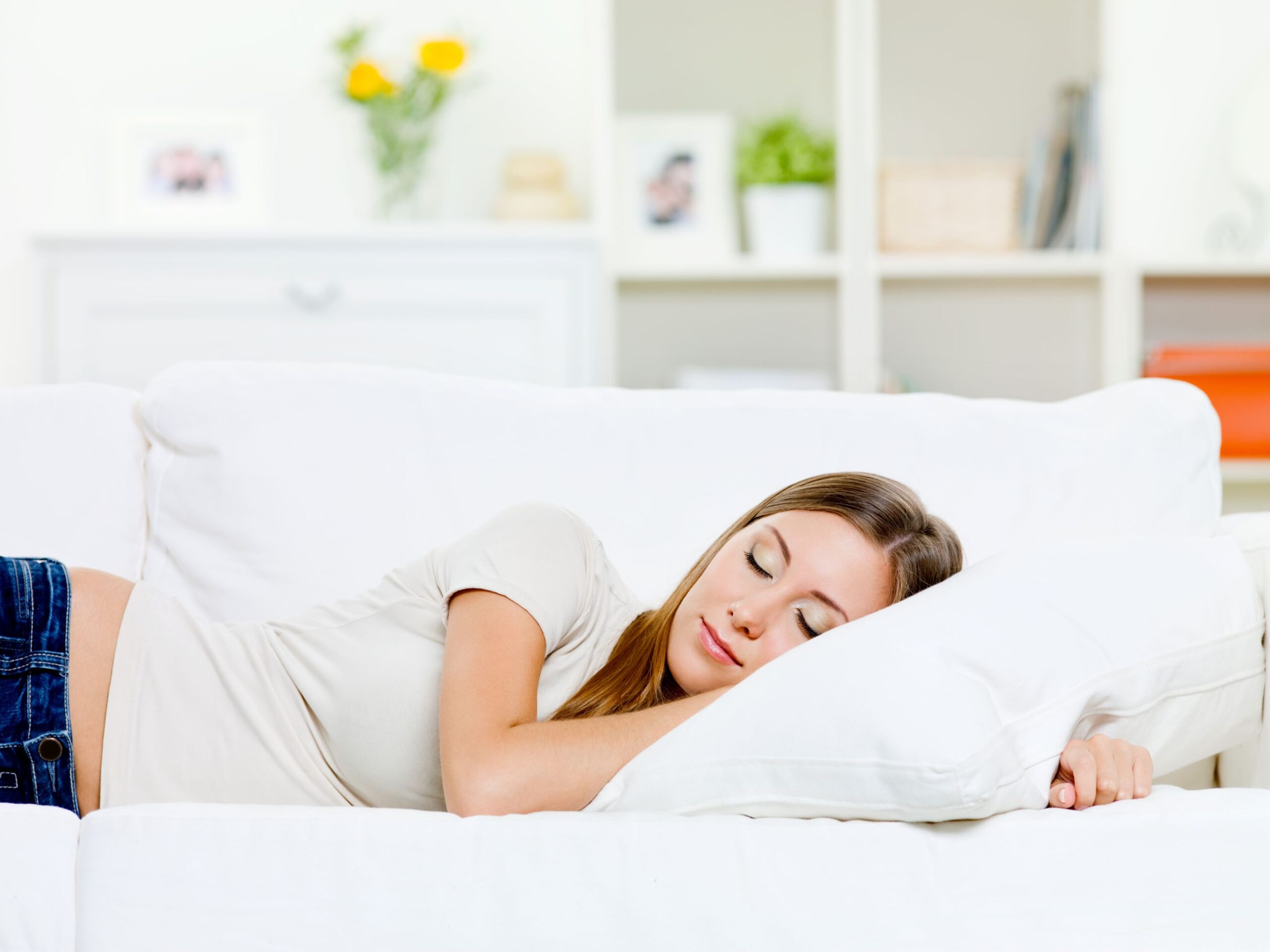Getting a good night’s sleep is essential for optimal health and well-being. However, creating a sleep-friendly environment can be challenging, especially if you’re unsure where to start. In this article, sleep expert Dr. Jasdeep Sidana provides valuable insights and tips on optimizing your bedroom for better sleep.
As a healthcare professional, Dr. Jasdeep Sidana has helped numerous patients improve their sleep quality through lifestyle changes and sleep environment modifications. In this article, he shares his expertise on creating a sleep-friendly environment and getting the quality sleep you need to feel your best.
TIP #1. Assess Your Bedroom
Before you can optimize your bedroom for better sleep, assessing its current state is essential. Several factors can affect sleep, including lighting, noise, temperature, and comfort. By evaluating your bedroom’s sleep-friendliness, you can identify areas that need improvement and make the necessary changes.
Identify Factors That Affect Sleep
When assessing your bedroom, the first step is to identify factors that could be affecting your sleep quality. For instance, you may have difficulty falling or staying asleep if your bedroom is too bright. Similarly, if it’s too noisy, you might wake up during the night. Other factors impacting sleep include an uncomfortable mattress or pillow, poor air quality, and an inconsistent sleep schedule.
Here’s a list of common factors in the bedroom that can affect sleep:
- Lighting
- Noise
- Temperature
- Comfort of mattress, pillows, and bedding
- Air quality and ventilation
- Bed size and structure
- Clutter and messiness
- Color and decor
- Electronic devices, such as TVs, smartphones, and computers
- Light-blocking window treatments
Identifying and addressing these factors can help you create a sleep-friendly environment that promotes optimal sleep conditions.
Evaluate Your Bedroom’s Sleep-Friendliness
To evaluate your bedroom’s sleep-friendliness, assess its lighting, noise level, temperature, and comfort. Take note of any areas needing improvement and prioritize them based on their impact on your sleep quality.

Lighting
Consider installing blackout curtains or shades to block out unwanted light for lighting. Use eye masks to create a dark sleep environment if that’s impossible. For noise, consider using white noise machines, earplugs, or soundproofing materials to minimize noise disruptions.
Temperature
Temperature is another important factor in sleep quality. Experts suggest keeping your bedroom between 60-67 degrees Fahrenheit for optimal sleep. Use a fan, air conditioning unit, or heating pad to adjust the temperature.
Comfort
Finally, comfort is crucial for restful sleep. Evaluate your mattress and pillow for comfort and support. If they’re causing discomfort, consider investing in a new mattress or pillow that better meets your needs. Also, consider the quality of your bedding and whether it provides you with the right amount of warmth and breathability.
TIP #2. Create a Sleep-Conducive Environment
Once you’ve identified factors that may impact your sleep, it’s time to create a sleep-conducive environment in your bedroom. This section will discuss practical tips for choosing the right mattress and pillows, optimizing lighting and temperature, and minimizing noise and distractions to promote restful sleep.
Tips for Choosing the Right Mattress and Pillows
Selecting the right mattress and pillows is crucial for comfortable, restful sleep. Here are some tips to consider when choosing the right mattress and pillows to give you a good night’s sleep:
- Choose a mattress that supports your preferred sleeping position and provides appropriate firmness or softness.
- Consider the materials of the mattress and pillows, as some may be more conducive to temperature regulation or allergy prevention.
- Replace your mattress and pillows every 7-10 years or when they become uncomfortable or worn out.
Dr. Jasdeep Sidana suggests that choosing the right mattress and pillows can significantly improve sleep quality. He recommends consulting with a sleep expert or trying different options before purchasing.
Lighting and Temperature Considerations
Lighting and temperature can also have a significant impact on sleep quality. Here are some tips to consider:
- Use blackout curtains or shades to block out unwanted light.
- Install dimmer switches or use bedside lamps with adjustable lighting to create a relaxing atmosphere.
- Keep your bedroom cool and well-ventilated, ideally between 60-67 degrees Fahrenheit.
Minimizing Noise and Distractions
Noise and distractions can significantly impact sleep quality, making falling or staying asleep difficult. To minimize these disruptions, consider implementing some minor adjustments.
First, use white noise machines or earplugs to block out outside noises such as traffic or noisy neighbors. This can create a more peaceful and quiet environment for sleep.
You’ll also need to remove or silence electronic devices such as TVs, smartphones, and computers from your bedroom. These devices can emit stimulating blue light and keep your mind active, making it harder to fall asleep. Instead, opt for a relaxing activity like reading a book before bed.
Moreover, keep your bedroom free of clutter and messiness. A clean and organized space can create a calming and relaxing environment that can benefit sleep. Consider implementing storage solutions to keep your belongings organized and out of sight.

TIP #3. Understand The Role of Technology in Sleep
Technology has undoubtedly revolutionized the way we live, work, and communicate. It has transformed the world in numerous ways, making it easier and more efficient to perform daily tasks. However, this technological advancement has also impacted our sleep quality. Electronic devices, such as smartphones, tablets, and laptops, have become ubiquitous, and many people use them extensively throughout the day and even at night.
How Does Technology Impact Sleep?
The blue light emitted by electronic devices, including televisions, smartphones, and laptops, can significantly impact sleep quality by suppressing the production of melatonin, a hormone that regulates sleep-wake cycles. This can lead to difficulty falling or staying asleep, daytime fatigue, and reduced productivity. Dr. Jasdeep Sidana emphasizes the importance of minimizing blue light exposure before bedtime and recommends using blue-light-blocking glasses or apps that reduce blue light emission to help regulate the circadian rhythm.
Additionally, using electronic devices in bed can increase cognitive arousal, making falling asleep harder and achieving restful sleep. Furthermore, the constant stream of notifications and messages, along with the 24/7 availability of information and the pressures of work and social media, can cause stress and anxiety, impacting sleep quality. Dr. Jasdeep Sidana suggests setting limits on device usage, especially in the hours leading up to bedtime, to reduce the negative impact on sleep quality.
Tips for Using Technology to Enhance Sleep
While technology can negatively impact sleep quality, it can also be used to enhance it. Here are some tips to consider:
- Use sleep-tracking apps or devices to monitor sleep patterns and identify areas for improvement. Dr. Jasdeep Sidana recommends using these apps to understand sleep needs better and create a more restful sleep environment.
- Consider using guided meditation or relaxation apps to help wind down before bed. Dr. Jasdeep Sidana suggests meditation and relaxation techniques as effective ways to reduce stress and promote better sleep hygiene.
- Use blue light-blocking glasses or apps to reduce the impact of blue light exposure on sleep. These glasses or apps can filter out blue light emitted by electronic devices and promote healthy circadian rhythms.
- Use a white noise machine or app to help create a relaxing sleep environment. White noise can help mask background sounds and promote relaxation, improving sleep quality.
- Consider using an intelligent mattress or pillow to optimize sleep quality. These devices can track sleep patterns and adjust the mattress or pillow based on the user’s needs, providing personalized comfort and support.

TIP #4. Make the Necessary Lifestyle Changes for Better Sleep
In addition to creating a sleep-conducive environment and using technology intentionally, there are also lifestyle changes that individuals can make to improve their sleep quality. This section will discuss some of these changes and how they can benefit sleep.
Live an Active Lifestyle
Exercise can have a significant impact on sleep quality. Regular physical activity can help individuals fall asleep faster and achieve deeper, more restorative sleep. However, exercising too close to bedtime can increase alertness and make it harder to fall asleep. Dr. Jasdeep Sidana recommends finishing moderate to intense workouts at least three hours before bedtime to allow the body to cool down and promote relaxation.
Eat Healthily
Diet can also play a role in sleep quality. Certain foods, such as those high in sugar or caffeine, can disrupt sleep, while others, such as those rich in magnesium or tryptophan, can promote relaxation and improve sleep quality. Dr. Jasdeep Sidana recommends avoiding large meals, spicy foods, and caffeine before bedtime to promote better sleep hygiene.
Maintain a Consistent Sleep Schedule
Maintaining a consistent sleep schedule can also improve sleep quality. Going to bed and waking up simultaneously each day can help regulate the body’s circadian rhythm and promote more restful sleep. Dr. Jasdeep Sidana suggests a relaxing bedtime routine, such as taking a warm bath or reading a book, to signal the body that it’s time to wind down and prepare for sleep.
Manage Your Stress
Stress and anxiety can significantly impact sleep quality. Learning stress management techniques, such as mindfulness meditation or deep breathing exercises, can help individuals reduce stress levels and promote relaxation. Dr. Jasdeep Sidana also recommends limiting exposure to stressful situations, such as work-related tasks or stimulating activities, in the hours leading up to bedtime.
Incorporating these lifestyle changes and prioritizing good sleep hygiene can significantly improve sleep quality and promote overall well-being. Dr. Jasdeep Sidana stresses the importance of a holistic approach to sleep health, including addressing any underlying sleep disorders or issues, and recommends consulting with a healthcare professional if necessary.
The Bottomline
Getting a good night’s sleep is crucial for our physical and mental well-being, and many factors can impact our sleep quality. By assessing our bedroom environment, incorporating technology intentionally, and making lifestyle changes such as exercise and stress management, we can promote better sleep hygiene and improve our overall quality of life.
It’s important to remember that each person’s sleep needs are unique, and what works for one person may not work for another. Therefore, it’s essential to experiment with different strategies and techniques to find what works best for us individually.
Finally, seeking medical attention for underlying sleep disorders or issues is crucial to optimal sleep health. Dr. Jasdeep Sidana recommends a holistic approach to sleep health and working with healthcare professionals to identify and address any underlying issues affecting our sleep quality.


